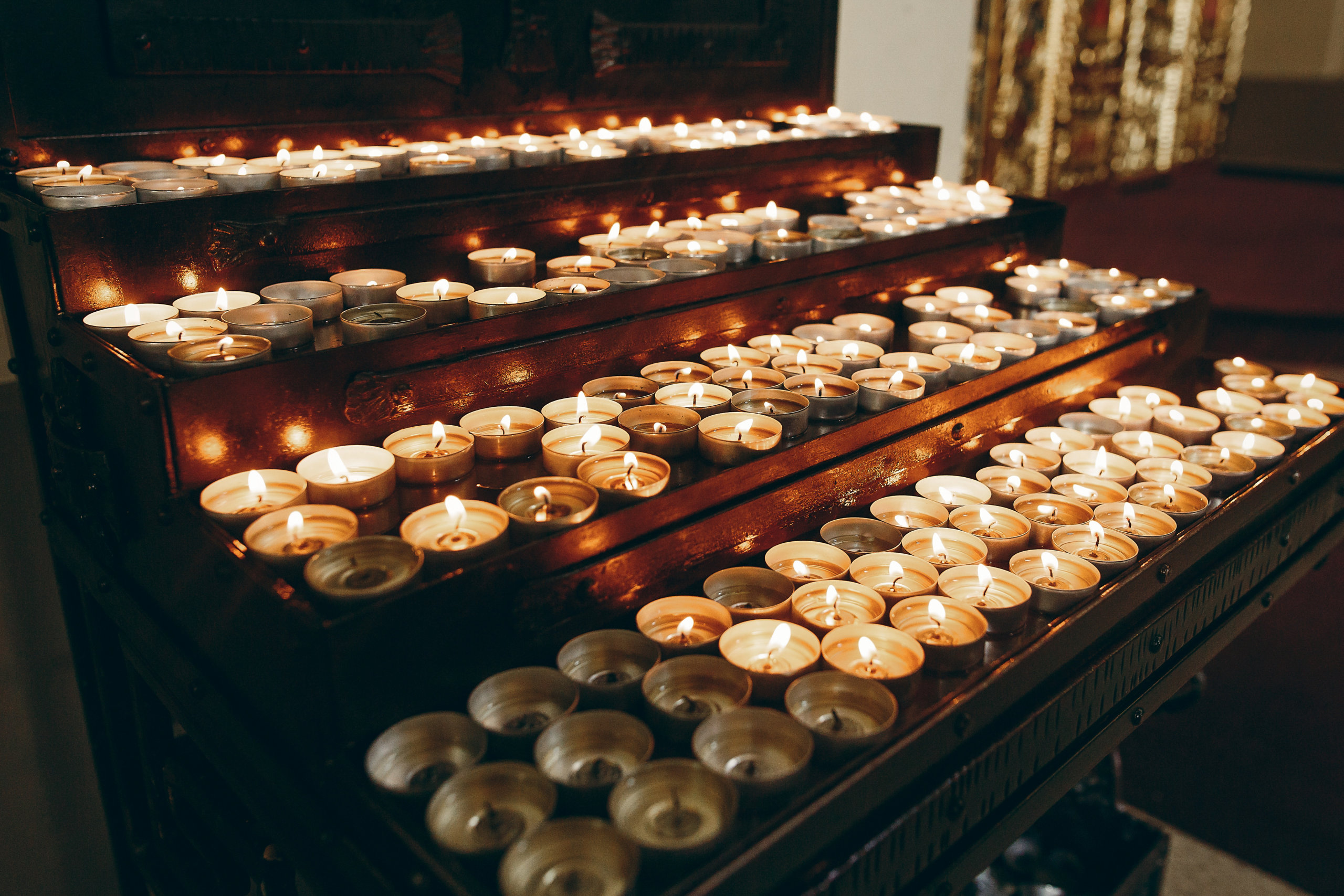How to Handle a Death That Occurs Away from Home

Whether you’re a snowbird going to a warmer climate to escape winter weather or you’re traveling on a business trip, it’s wise to prepare for the unexpected.
Accidents happen. People fall victim to new or existing medical conditions. Death is always an overwhelming event and especially so when it occurs away from home.
That’s why it is wise to carry a wallet-sized card listing the names of your next-of-kin and the telephone number of your funeral director, while stating whether any funeral pre-arrangements have been made.
Most travelers wouldn’t dream of leaving home on an extended trip without carrying along copies of prescriptions, yet how many think to include personal information that would facilitate their final arrangements if the unthinkable happens?
Robert Ruggiero, a licensed New York funeral director, offers these suggestions to help cope with death away from home.
Don’t leave the body. The most frequent response by family members experiencing a death away from home is to hurry home to begin funeral arrangements.
However, most deaths that occur while traveling are sudden and require an investigation by the local medical examiner’s office and police department.
The family member traveling with the person who remains available to the authorities at the place of death will expedite the return process.
If a person has died and family is not with the deceased, survivors should not fly out to the place of death.
With today’s technology, there’s a good possibility that if identification is required, survivors can save time by staying home and requesting another means to accomplish the necessary procedures.
Appoint your hometown funeral director as the “point person.” Allow him or her to select the means of returning your loved one home. Your family funeral director is familiar with the necessary procedures to ease the process for you.
If the death occurs overseas, the U.S. State Department’s Bureau of Consular Affairs in Washington, D.C. (202-647-5225) or the local embassy can provide emergency assistance for Americans traveling overseas who encounter a tragedy of this nature.
For more information visit the Bureau of Consular Affairs website, travel.state.gov.
Any expense will ultimately be the responsibility of the bereaved family but because of the State Department’s intervention, there may be no immediate upfront expense in most cases.
For more information, you might want to call your family funeral director before leaving home.
-Courtesy of NYS Funeral Directors Association



